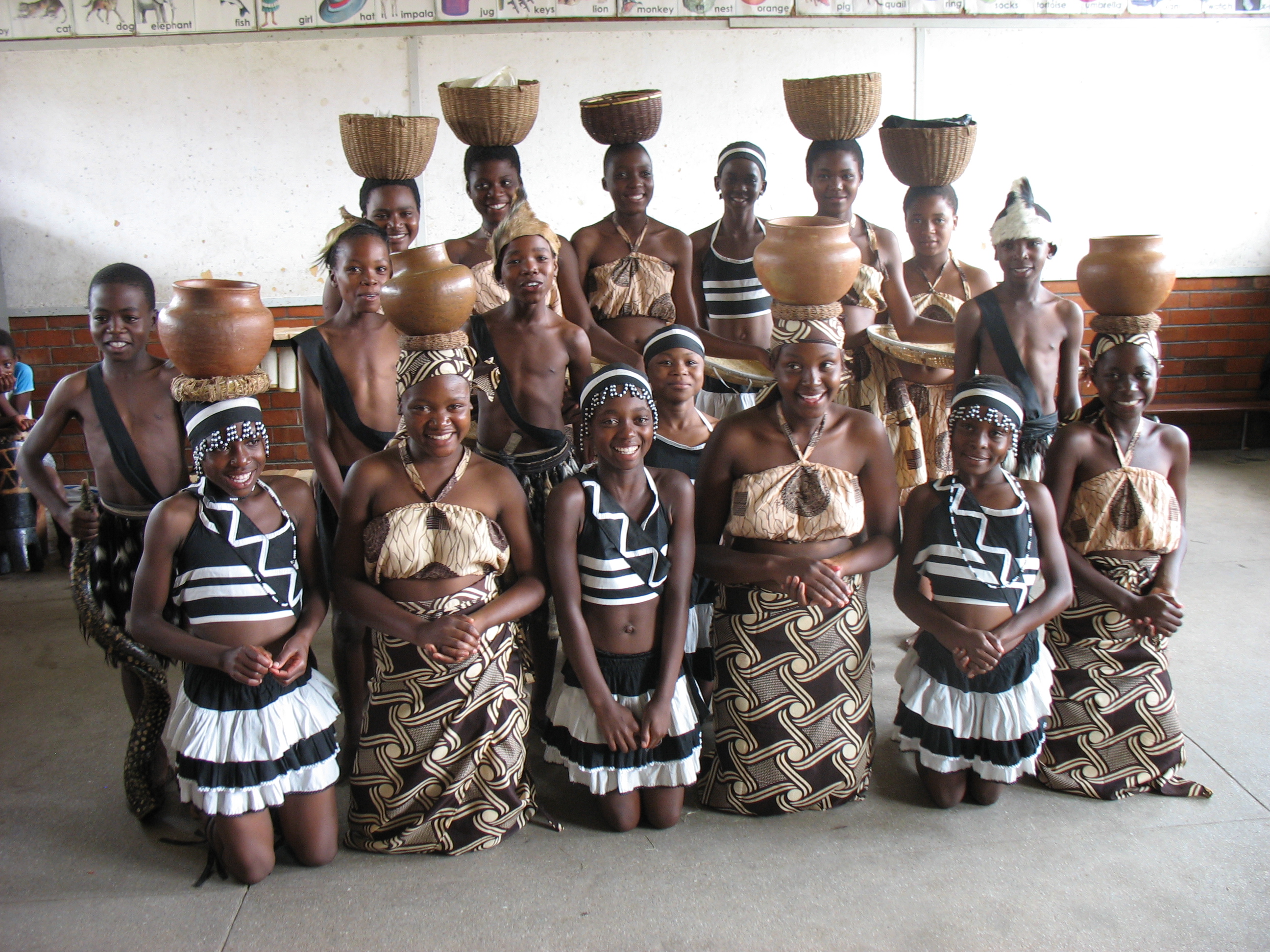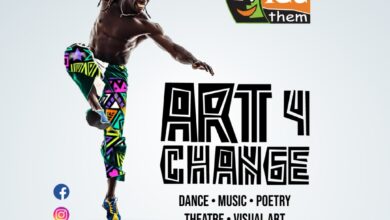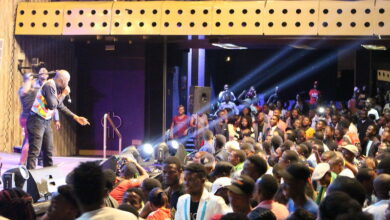10 Things You Didn’t Know About Zimbabwe’s Shona People

The Shona people make up 80% of Zimbabwean population and they are estimated to be over twelve million. The Shona tribe is Zimbabwe’s largest indigenous group and the earliest arrived in Zimbabwe over 2,000 years ago. The Shona people have now spread into Southern Africa, they can be found in Botswana, South Africa, Mozambique and Malawi.

The Shona culture has a huge influence on Africa. Here are ten things you might have not known about Shona People.
1. There are five main Shona language groups namely Korekore, Zezuru, Manyika, Ndau and Karanga.
2. The archaeological ruins known as The Great Zimbabwe is believed to have been built by ancestors of the modern day Shona people.
3. Shona people are internationally known for stone sculpture, it is a huge part of the Shona culture, and even today it expresses enormous emotional power that speaks to all humanity.
4. The traditional musical instrument for the Shona people is called the mbira (thumb piano). It is considered an important instrument played at religious ceremonies, weddings and social gatherings.
5. The Shona people have an obsession with desire to inculcate right ethos in an individual. Taboos are among a number of methods through which the characters of an individual are shaped in the Shona cosmology.
6. The Shona people are a paternal society and the society is centred on the extended family. Although it is a paternalistic society, Shona mothers are treated as “holy”. The extended family is further extended through the “mutupo” or totem and people of the same totem can’t marry.
7. The Shona language is intertwined with Shona socials and religious values. In addition to everyday, Shona language there’s a high or deep Shona that is used in communication with ancestors.
8. When a Shona person dies in the Shona culture, it is believed that this spirit wanders about as a homeless spirit. Only until the surviving relatives “welcome back” his or her spirit does it become a legitimate ancestral or family spirit.
9. Health and healing practices are interrelated with traditional cultural beliefs. The traditional Shona believe that all around human nature lay broader realities in the form of boundless spiritual worlds.
10. Cattle were traditionally used as a source of roora (lobola) payment, now most Shona people keep cattle for prestige and currency.




